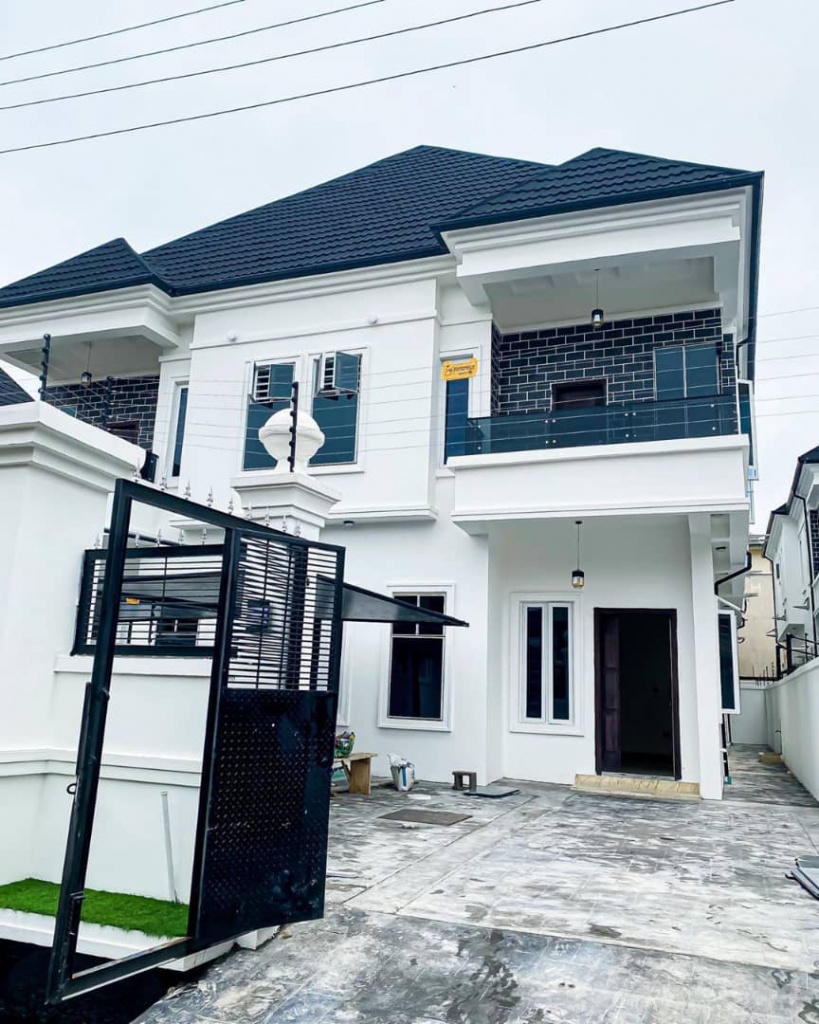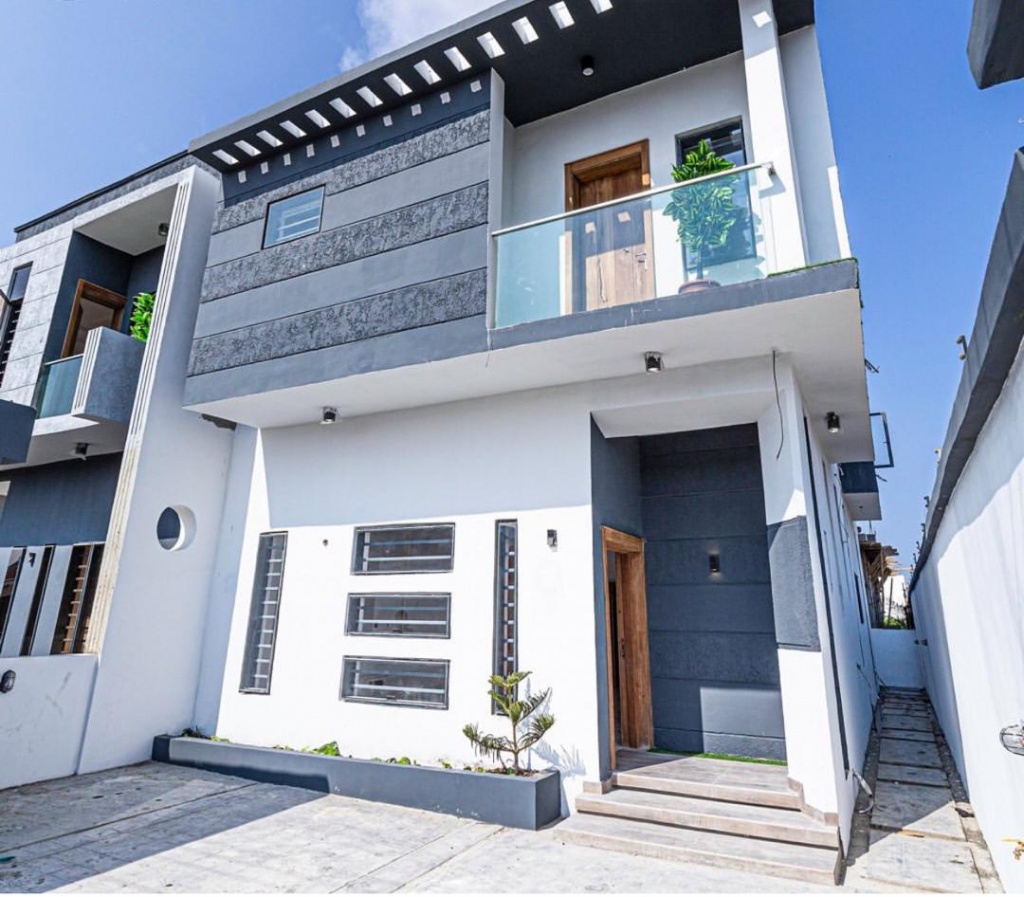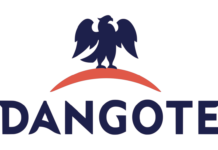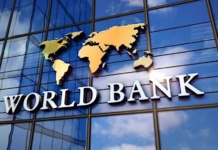
By Godwin Okri – The real estate market is a microcosm of the state of the general economy. If you want to assess the performance of the property market, take a look at the state of the economy. Thus, this article takes a brief look at the current state of the Nigerian economy to determine whether now is the time to invest in the Nigerian real estate market.

The Nigerian economic outlook appears bleak. The GDP contracted in Q2 due to the Covid-19 induced lockdown and fall in oil prices. The position remained the same in Q3 (and possibly in Q4). Some commentators believe that crude oil output was down by about a fifth in Q3 from last year. The energy sector also suffers the same fate.
To compound matters, the accelerating double digit inflation, tight FX liquidity and the effect of the #EndSARS protest on the economy has affected household purchasing power and the general economy. So, what is the current state of the Nigerian real estate market?
In Nigeria, there now appears to be a housing deficit of around 17 million units. According to the World Bank, Nigeria needs about 700,000 additional units per annum for the next 20 years, but housing construction is now about 100,000 units per year. Approximately $375bn is required to bridge the housing gap.
On the demand side, property purchase in Nigeria is mostly cash transactions. With the poor performance of the economy, property transactions are likely to be dampened. Nigeria is yet to develop the suitable mortgage products which are fit for purpose.
Only about 5% of the 13.7 million housing units are financed with a mortgage in Nigeria. And the mortgage rate is as high as 15% to 25%. Unlike in South Africa, where the interest rate is between 7.8% to 10%
As a result, it takes an average of about 165 days to sell a property in Nigeria, whilst it only takes 80 days in South Africa.
Is this, therefore, the best time to invest in the Nigerian real estate market?

Seasoned investors are delighted when they buy below-market-value (BMV) properties. For those in the diaspora, the Nigerian property market offers good value. For a start, the currency exchange rate is about N620 to the Pound. This therefore allows the investor with reasonable sum in Sterling acquire excellent properties in Nigeria. It is not surprising that Nigeria is the third host economy for Foreign Direct Investment (FDI) in Africa. FDI in Nigeria increased by $427.56 million in Q1 of 2020. According to the UNCTAD 2020 World Investment Report, FDI flows to Nigeria totalled $3.3 billion in 2019.
An added attraction is that there is unlikely to be any competition from indigenous investors because of the limited purchasing power as a result of the poor performance of the domestic economy.
In a nutshell, the contraction in the Nigerian economy and the poor state of the Naira against basket of currencies offers foreign investors opportunity to benefit from the affordable real estate market in Nigeria.
Godwin Okri is the author of the book ‘Investing in Property with Strategy’, which can be purchased on Amazon or any bookstore. He is also the producer of The Okri Property Show (TOPS), which airs on SKY 186 every Sunday at 6.30pm.
Kindly follow us on twitter:@AfricanVoice2









